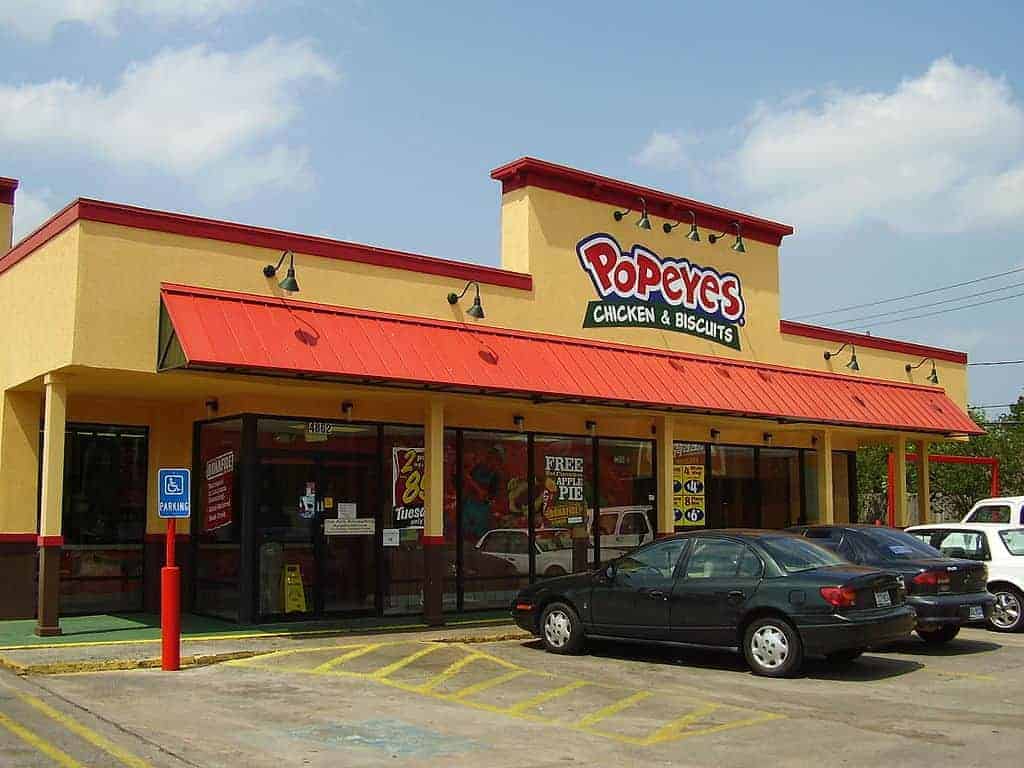Restaurant Brands International Inc. (TSX:QSR)(NYSE:QSR) stock has declined on numerous occasions thanks to a seemingly never-ending stream of negative headlines concerning the poor relationship between Restaurant Brands’ management and its franchisees at Tim Hortons.
Despite beating on earnings quarter after quarter, shares of Restaurant Brands has struggled to break out of its negative trajectory, falling ~21% from peak to trough thanks to a growing pile of unfortunate events, thereby suggesting that management lost both the control and trust of its franchisees.
Although it may appear that the troubled franchisee-franchisor relationship will have long-lasting effects, I don’t believe this will be the case in the grander scheme of things, especially President Alex Marcedo and his Winning Together strategy — one that aims to repair the spoiled relationship with its Tim Hortons’ franchisees.
Why Restaurant Brands is a classic buy on the dip
Restaurant Brands is a capital-light cash cow with the ability to grow its earnings at an above-average rate over the long-term while still being able to return a great deal of wealth back into the pockets of its shareholders through generous dividend hikes.
When you consider the long-term story, Restaurant Brands remains one of the most promising long-term earnings and dividend growth stories on the TSX, as it has the ability to raise its growth ceiling through the acquisition of other chains should slowed growth ever become a problem for any of Restaurant Brands’ promising chains.
The recent weakness in shares isn’t due to reasons that are detrimental to the long-term growth story, although the magnitude of the decline may be indicative of a permanent deterioration of the Tim Hortons’ brand.
The real reason for the prolonged dip lies in the constant stream of negative Tim Hortons’ headlines, which really boil down to a common underlying issue: the relationship between management and its franchisees is unhealthy! Moreover, management’s slow (and unsatisfactory) response to addressing the issue has exacerbated the decline, causing shares to be severely oversold as more investors have become sick and tired of hearing about disgruntled Tim Hortons’ franchisees.
A seemingly short-term issue (troubled franchisee-franchisor relationship) has evolved into what many view as a long-term one; however, I don’t think this is the case. Rather, the constant flow of negative headlines (on essentially the same underlying problem) is creating the illusion of many problems with long-lasting effects when most of the problems are derived from one source of failure.
Don’t overlook Restaurant Brands’ “Winning Together” efforts
The franchisee-franchisor relationship looks repairable, but it’s going to take Alex Marcedo and company a lot of time, effort, and potential compromises in order to create a relationship that will allow both sides to “Win Together.”
Although customers have expressed their distaste for the brand in recent months, I believe Canadians will inevitably flock back to Tim Hortons should management be successful in driving initiatives over the next few years.
However, such initiatives including the split-cost of renovations at existing locations that require the full co-operation of specific franchisees. Thus, it’ll definitely be interesting to see what steps are taken as a part of Restaurant Brands’ new Winning Together plan to improve the health of its relationship with its franchisees.
Stay hungry. Stay Foolish.








